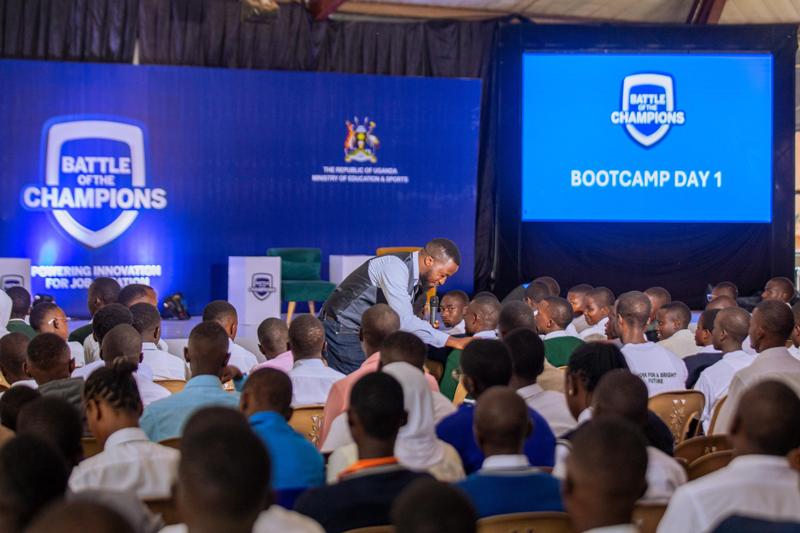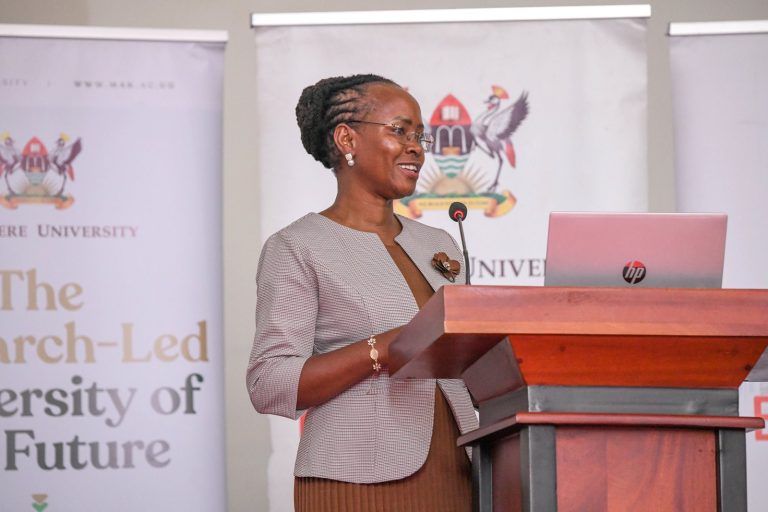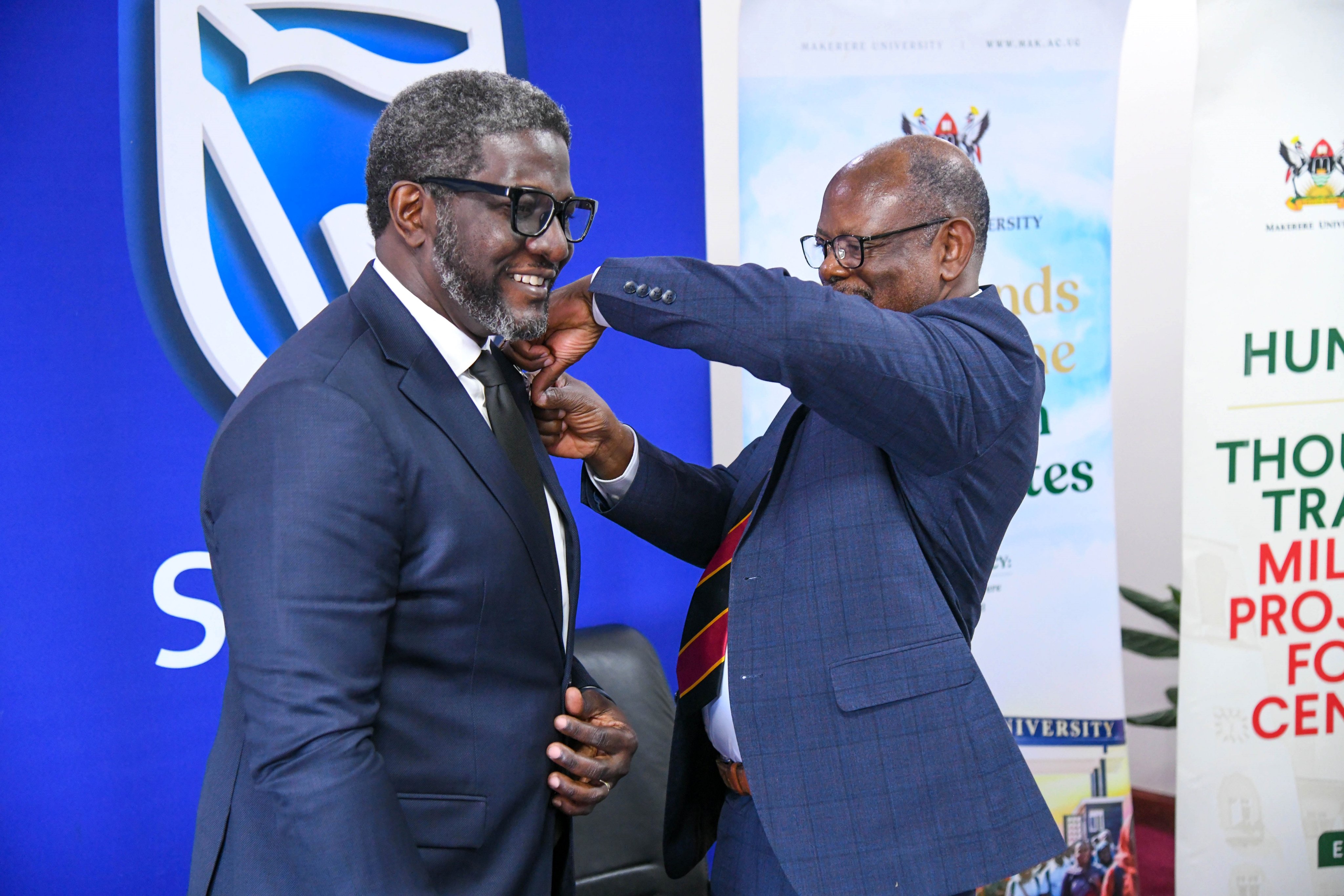Stanbic Bank kicks off 2025 National Schools Championship Boot Camp, empowering future entrepreneurs
The NSC targets Ugandans aged 13 to 18, with the central objective of equipping them with practical skills to prepare for the challenges and opportunities of the real world.

Over 150 schools are currently immersed in the demanding yet enriching boot camp stage of the annual Stanbic National Schools Championship (NSC), taking place at Seroma Christian High School in Mukono District. The boot camp marks a crucial phase of the competition, designed to equip young Ugandan minds with the skills and knowledge needed to thrive in a rapidly evolving world.
Diana Ondoga, Head of Social Corporate Investment at Stanbic Bank, emphasized the program’s holistic approach, stating, “Here we take them through skilling on business entrepreneurship, on personal management, business modeling, but also psycho-social because mental health is a key element of the well-being of a Ugandan learner.”
The NSC targets Ugandans aged 13 to 18, with the central objective of equipping them with practical skills to prepare for the challenges and opportunities of the real world. Ondoga explained that the initiative complements the curriculum changes introduced by the Ministry of Education, providing a platform for students to apply their classroom learning and develop practical skills.
The Championship is strategically aligned with the National Development Plan, recognizing the significant role of youth empowerment in national progress. By fostering entrepreneurial skills, the NSC empowers young people, who constitute a majority of the population, to overcome the limitations of the formal job market.
“So, through this program, we give them skills they can use to become problem-solvers and when they do, they become entrepreneurs, employers and responsible citizens of the country,” Ondoga elaborated. “Why we start it at this age, is because it’s a clean slate; it’s easy to shape the fabric of their thoughts, but also get them off the perception that after school they are going to be able to find jobs.”
Students participating in the boot camp expressed their enthusiasm for the opportunities ahead. Sebastian Nyanzi, a student from St. Mary’s College Kisubi (SMACK), highlighted the importance of translating innovation into tangible benefits. “I have realized that the country has a lot of innovative students, but what’s the purpose of innovation if you can’t make money out of it?” he questioned. “I have learnt that you can be book-wise intelligent, but you really need innovations to take you to the next level and Stanbic is here to ensure that our innovations are taken to the next level.”
Atima Adaka, from Lira Town College, echoed this sentiment, expressing her eagerness for the mentorship sessions. “I can’t wait to learn from big minds during the bootcamp, but I also expect to win and take our business idea further, because in my community, I know our idea would be of great use,” she stated.
The program also recognizes the crucial role of educators in nurturing young talent. Amos Muwanguzi, a teacher of English language at St. John Paul in Gulu district, shared his experience supporting his students in developing a school management system application. The application addresses challenges such as absenteeism and inefficient record-keeping, showcasing the potential of student-led innovation.
Muwanguzi urged fellow teachers to inspire their learners and tap into their hidden potential. “These students have a lot on their minds. But because we don’t sit with them full time, to get to know what they are thinking about, their future and what they would wish to do or become in the future, rather we neglect them and they end up in a life they don’t deserve,” he said, emphasizing the need for teachers to be actively involved in shaping the future of their students.
The Stanbic National Schools Championship boot camp represents a significant investment in the future of Uganda, empowering young people to become innovative problem-solvers, entrepreneurs, and responsible citizens, ultimately contributing to the nation’s economic and social development.







